Top 10 Most Dangerous States In India For Females
According to data from the National Crime Records Bureau (NCRB), the number of rape incidents has increased since the gang rape and murder of Nirbhaya in Delhi, an event that shook the nation in 2012. Of all the reported rape cases in India, four out of five victims are from these ten states: Rajasthan, Uttar Pradesh, Madhya Pradesh, Maharashtra, Kerala, Assam, Haryana, Jharkhand, Odisha, and Delhi. In the years following the Nirbhaya incident, states such as Rajasthan, Kerala, Haryana, and Jharkhand have seen significant increases in reported rape cases—by 83 per cent, 66 per cent, 52 per cent, and 18 per cent, respectively, according to NCRB data.
)
Over the past decade, the vulnerability of women to rape in India has surged nearly fourfold. In 2009, about three women were raped daily across these states, but by 2019, this figure had escalated to 11 per day.
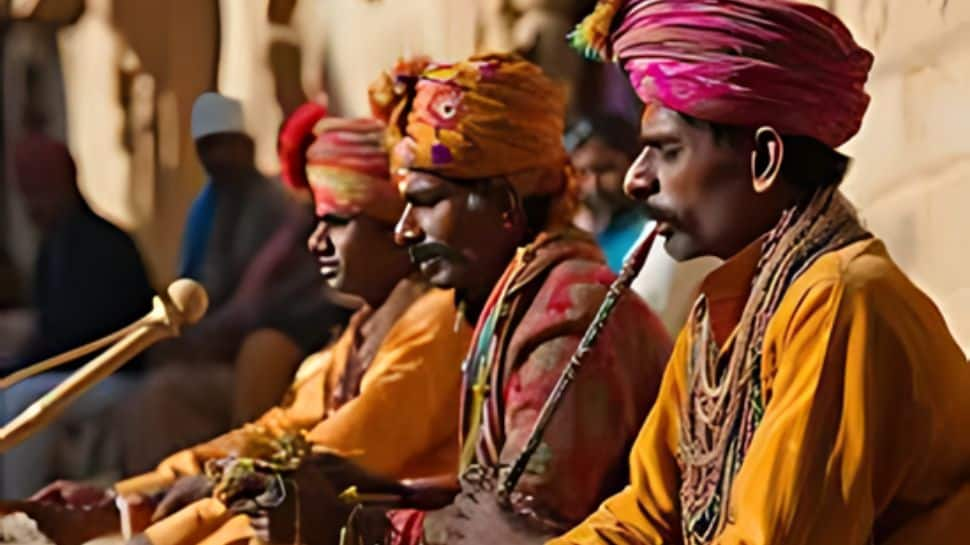
Rajasthan tops the list as the most dangerous state for women, with a staggering 295% increase in reported rape cases over the past 10 years. In 2009, the state recorded 1,519 rape cases, which surged to 5,997 in 2019—an alarming fourfold rise, according to NCRB data.
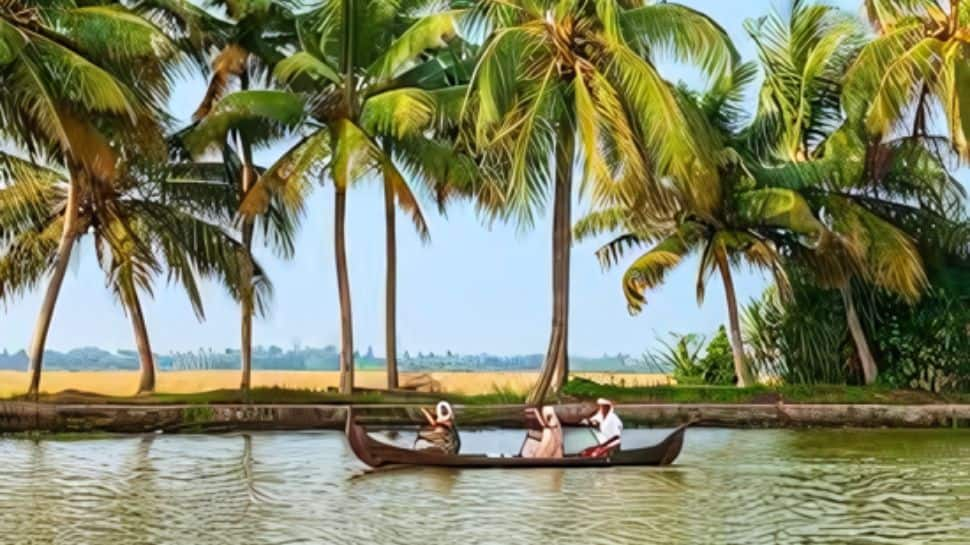
Kerala ranks second, with a 256% rise in reported rape cases over the last decade. The state saw an increase from 568 cases in 2009 to 2,023 in 2019, adding 1,455 more cases during this period.
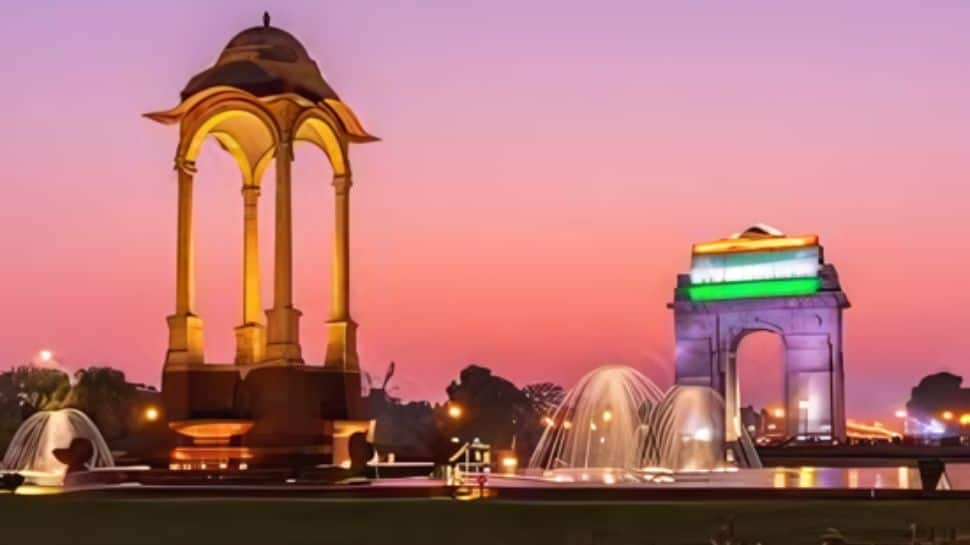
The nation's capital, Delhi, is the third most hostile place for women, with a 167% rise in rape cases over 10 years. Although the total number of cases is lower than in other states, the increase from 469 in 2009 to 1,253 in 2019 is significant.
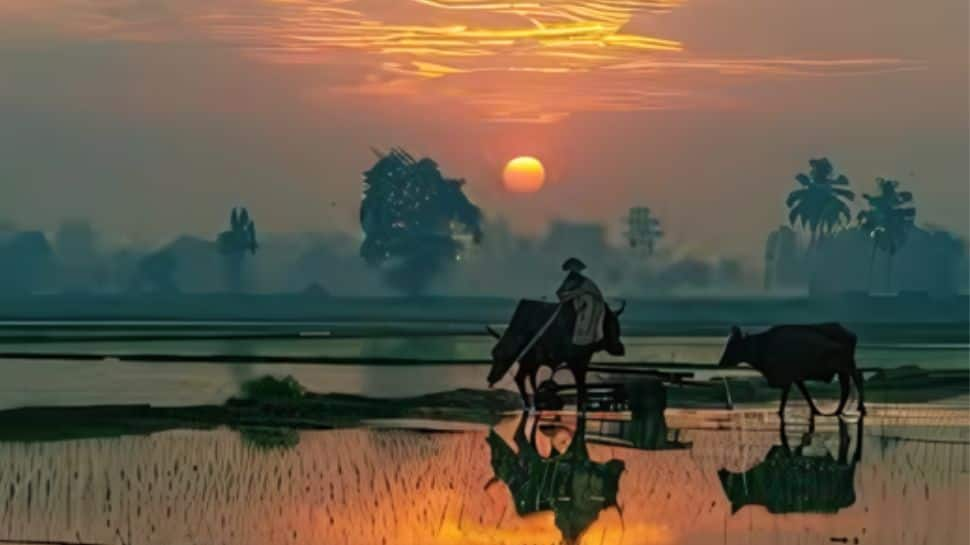
Haryana has seen a more than a twofold rise in reported rape cases over the last decade, with a 145% increase—from 603 cases in 2009 to 1,480 in 2019.
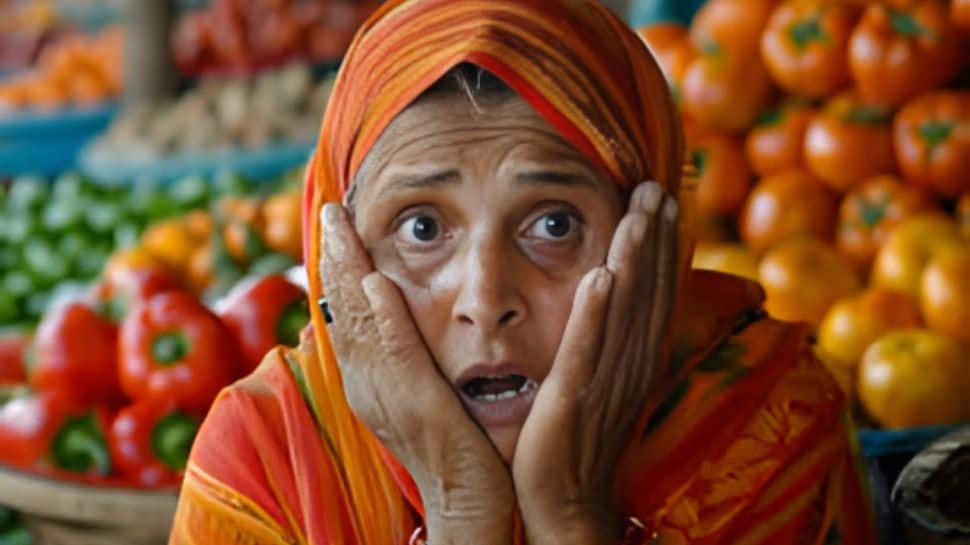
Jharkhand has experienced a 97% increase in rape cases, with numbers rising from 719 in 2009 to 1,416 in 2019.
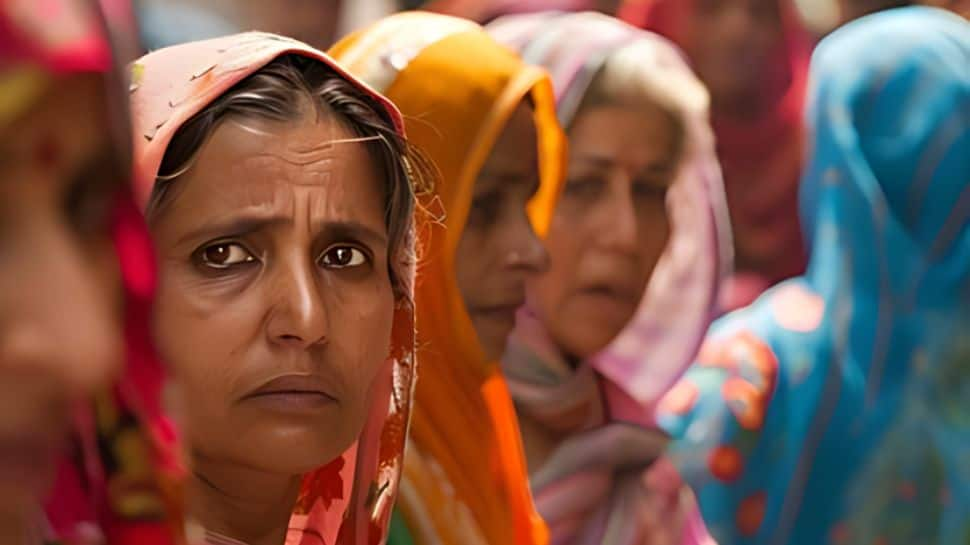
Maharashtra, Odisha, and Assam have reported increases of 55%, 35%, and 9%, respectively, in rape cases over the last decade.
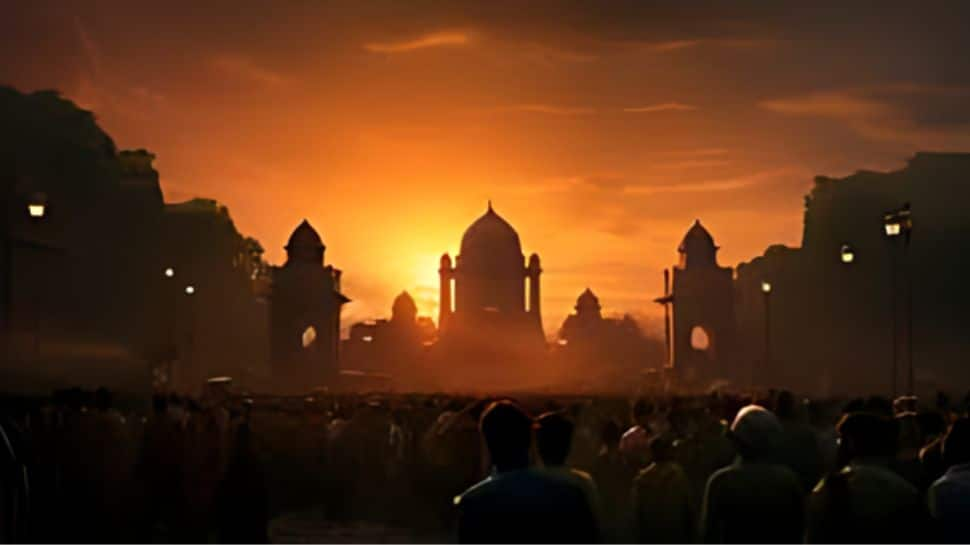
Madhya Pradesh stands out as the only state with a decline in rape cases, showing a negative growth rate of 17% over the decade. While the state reported over 4,000 cases annually from 2013 to 2018, the number dropped to 2,485 in 2019.
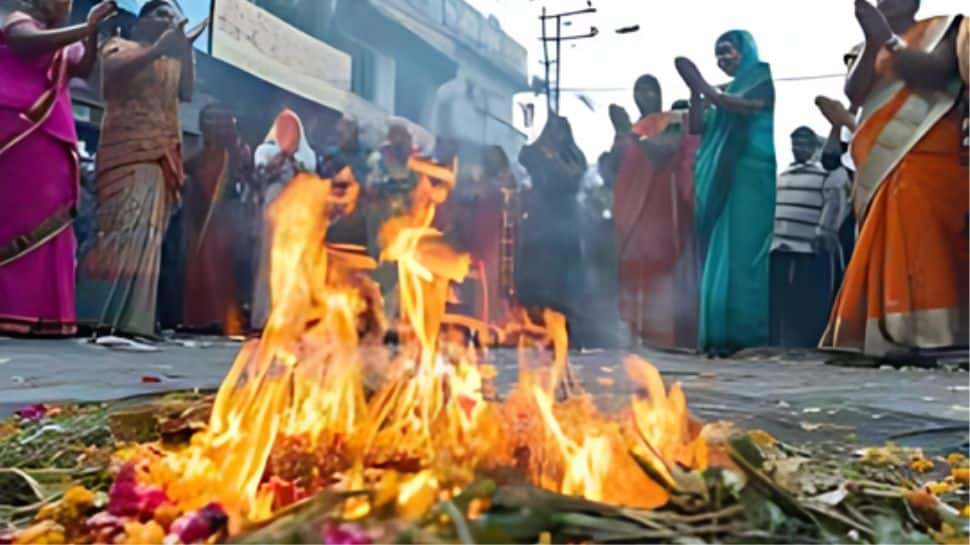
Under scrutiny for its handling of high-profile cases like Hathras, Uttar Pradesh reported nearly double the number of rape cases over the last decade, with figures climbing from 1,759 in 2009 to 3,065 in 2019. (Image Credit: All Images From Freepik)

